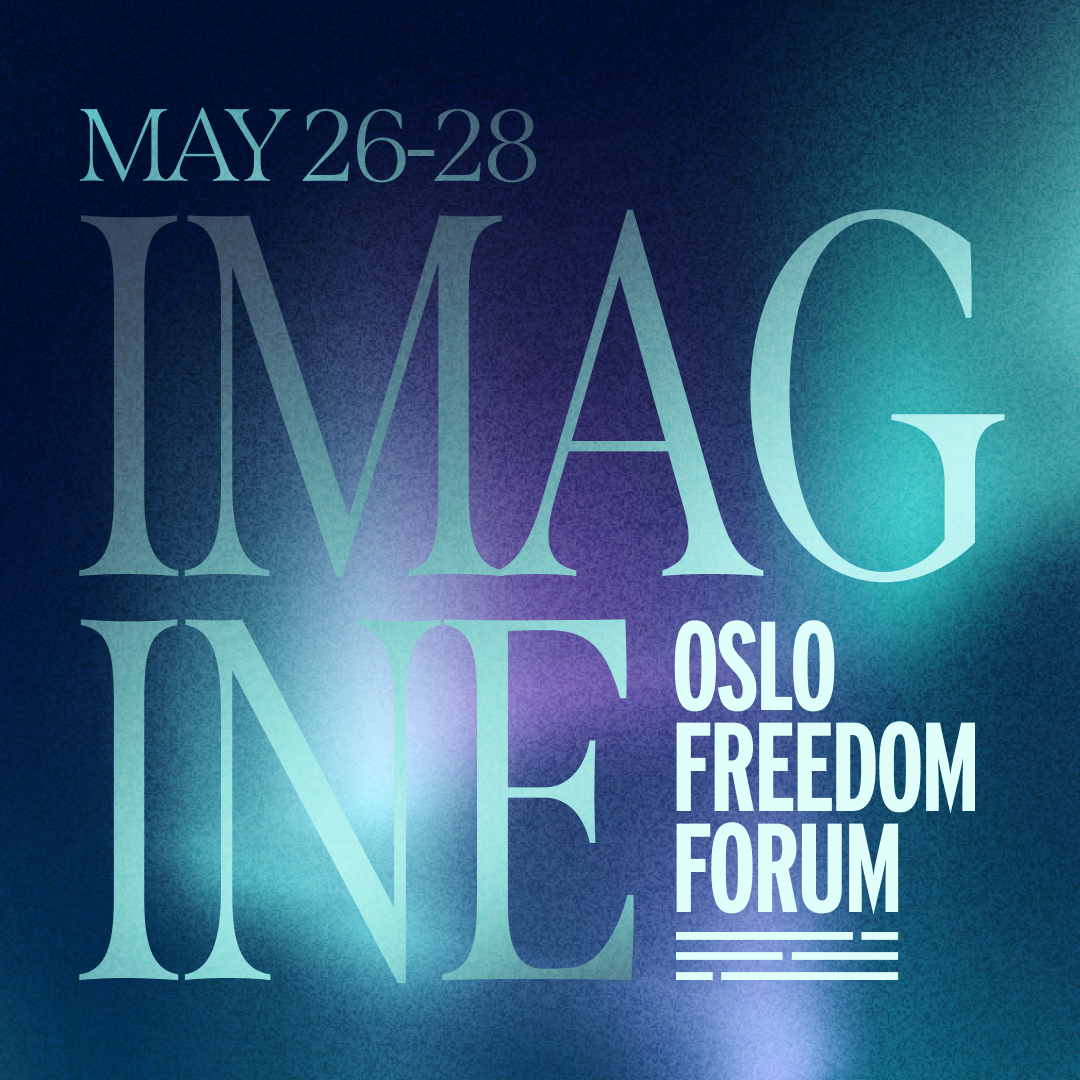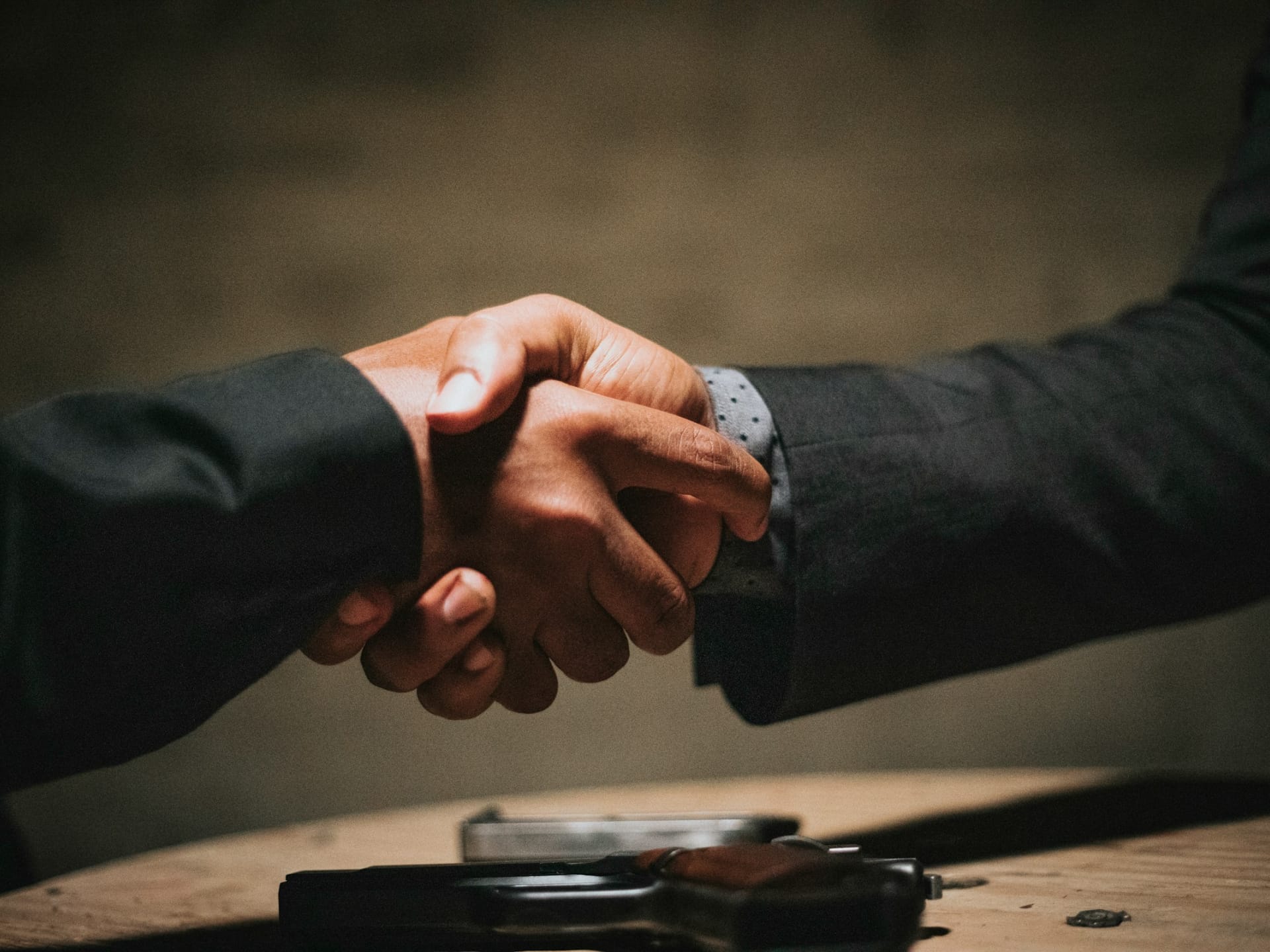Recently in The Signal: What do the new U.S. tariffs mean for global trade? Martin Wolf on the rapid onset of radical uncertainty.
Today: Why is collaboration intensifying among the world’s most powerful autocracies? Lucan Way on what unites and divides China, Iran, North Korea, and Russia. (From October.) + Why is South Korea so polarized?
And first: Developments we’re tracking for this week’s despatch …
Supreme Court vs. administration in the U.S.
In a dramatic decision issued at 1 a.m. on Saturday, the United States Supreme Court ordered the American administration not to deport any more immigrants under the Alien Enemies Act, a 1798 wartime law. A group of Venezuelan immigrants, detained at a prison in Texas, had received written notices on Thursday that made it seem like they’d soon be deported. What now?
- The Trump administration says the detainees are members of the Venezuelan gang Tren de Aragua. But the administration has never shown any evidence for the charge, and the immigrants haven’t been able to challenge their detention in court.
- After the detainees received the written notices, their lawyers contacted the district court overseeing the case and asked it to halt the deportations until the legality of the administration’s plan could be decided. The lawyers also contacted an appeals court.
- The Supreme Court’s decision was exceptional in a few ways: Usually, before issuing any such order, it would wait until an appeals court had made a ruling. The Court would also ask the administration to submit its legal opinions. Here, the Court stepped in immediately.
The Supreme Court’s directive escalates the standoff between it and the broader American judiciary, on the one hand, and the Trump administration, on the other. Last week, judges in three different courts expressed frustration that the White House did not seem to be abiding by court rulings on deportations. But U.S. President Donald Trump and his advisors seem to believe that they have public opinion on their side—and want to make the issue about illegal immigration and gang violence. Democrats and other critics, however, say it’s fundamentally a question of the administration’s commitment to the rule of law.

The trade-war era, cont.
The U.S. stock markets, dollar, and government bonds all fell again on Monday. Tech stocks showed some of the biggest declines. Markets in Germany, Japan, and Taiwan all dropped, too. Why?
- U.S. President Donald Trump continued his attacks on Jerome Powell, chair of the U.S. Federal Reserve. On social media, Trump called Powell “a major loser” and pushed the Fed to lower interest rates.
- Trump wants the Fed to do this in order to offset the inflationary pressure of his administration’s tariffs, which seem certain to increase the prices of all goods imported into the U.S.
- On Sunday, a Chinese airline returned a Boeing jet it had ordered to the U.S., seemingly because of the trade war between Beijing and Washington. China has imposed tariffs of 125 percent on U.S. imports, which apparently makes buying American planes prohibitively expensive.
- Last week, Beijing asked Chinese companies to stop buying aircraft equipment from U.S. producers like Boeing—which had 130 planes scheduled for delivery to Chinese firms at the end of March.
It appears that investors are continuing to move money away from U.S. assets, toward gold and government bonds from more stable countries. It also appears that U.S. markets are reacting to the standoff between Trump and Powell and the possibility that Trump could try to fire Powell. Trump says he could if he wanted to—but no U.S. president has ever tried to remove a Fed chair, as it’s highly controversial whether the president has the legal authority to do so.

Meanwhile …
- Pope Francis, born Jorge Mario Bergoglio in Buenos Aires, died on Monday of a stroke and heart failure at the age of 88. Francis was the first Latin American, and first Jesuit, to be chosen for the papacy. In his first media appearance after being elected pope in 2013, he called for a “poor church and a church for the poor.” The former U.S. president Barack Obama describes Francis as a “rare leader who made us want to be better people.”
- The Chinese company CATL, the world’s biggest supplier of batteries for electric vehicles, said on Monday that it had developed a new, light-weight battery that could go up to 520 kilometers (320 miles) on a 5-minute charge—or 800 kilometers (500 miles) on a full charge: “Automakers around the world are banking on ultra-fast charging to convince people to buy electric, with lengthy charging times and range anxiety still cited as some of the main reasons people are reluctant to switch.”
- The U.S. State Department says a Chinese satellite company is helping the Houthi rebels in Yemen target U.S. warships and commercial ships in the Red Sea: “Their actions and Beijing's support of the company … is yet another example of China’s empty claims to support peace,” says Tammy Bruce, the State Department’s spokesperson. The firm, Chang Guang Satellite Technology, was sanctioned by Washington in 2023 for allegedly providing satellite imaging to the Wagner Group, the Russian mercenary force that fought extensively for Russia in Ukraine. Chang Guang is a joint venture between a provincial government and a research academy. Defense analysts say the company has long provided technology for the Chinese military. This connection, if true, represents a new level of cooperation between China and Iran—the Houthis’ primary backer …
Legion of doom
Why is collaboration intensifying among the world’s most powerful autocracies? Lucan Way on what unites and divides China, Iran, North Korea, and Russia.

Connections / from the member’s despatch
Why is South Korea so polarized?
Members play a crucial role in backing our mission to develop a new genre of independent current-affairs coverage—for less than one fine cup of coffee every couple of weeks. Support The Signal.
Coming soon: Benjamin Toff on the collapse of trust in American media …

